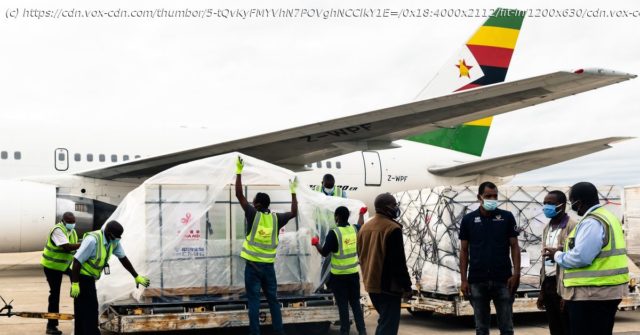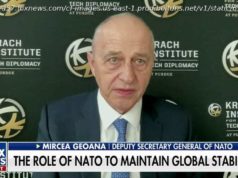Global Covid-19 vaccination efforts need more than just money.
The Biden administration has officially committed to Covax, the global effort to fund and deliver Covid-19 vaccines around the world, including to lower-income countries. The administration will commit $4 billion to Covax, releasing the first $2 billion immediately to Gavi, the Vaccine Alliance, which is one of the partners in this effort along with the World Health Organization and the Coalition for Epidemic Preparedness Innovations (CEPI). Another $2 billion will follow over the next two years, an effort to spur other countries to contribute more money. The announcement came during President Joe Biden’s attendance at the Group of Seven (G7) meeting of the world’s biggest economies, where the pandemic is at the top of the agenda and where others, including the United Kingdom, have made similar commitments to help global vaccination efforts. The Biden administration had announced last month that it would join Covax, another example of the White House’s larger recommitment to international cooperation. President Donald Trump had declined to join, one of a few notable holdouts in an initiative that now has more than 190 countries participating. Congress, however, had set aside $4 billion for Gavi in its December spending bill, which is the money Biden is using for this announcement. The US announcement also came on the heels of British Prime Minister Boris Johnson pledging to donate the UK’s surplus vaccines. The president of the European Commission (the European Union’s executive branch) also said Friday that the EU is doubling its Covax contribution to $1 billion. All of these commitments are welcome news, and will make up for real funding shortfalls in the purchase of vaccine doses. At the same time, though, many of these wealthier countries are also racing to inoculate their own populations, securing doses for their citizens at all costs and purchasing far more doses than they need, while the rest of the world, especially lower-income countries, lags very far behind. About one-quarter of the world’s population, mostly in lower- and middle-income countries, may not have access to vaccinations until 2022 — a precarious situation that could give new variants a chance to emerge and that could extend the pandemic for everyone. This is a good first step, but “vaccine nationalism” is still the order of the day The COVID-19 Vaccine Global Access Facility, or Covax, was designed as a financing instrument to ensure all countries — wealthy and less-wealthy alike — have equitable access to a vaccine.
Домой
United States
USA — Financial Why Biden’s pledge of $4 billion to help vaccinate the world isn’t...






